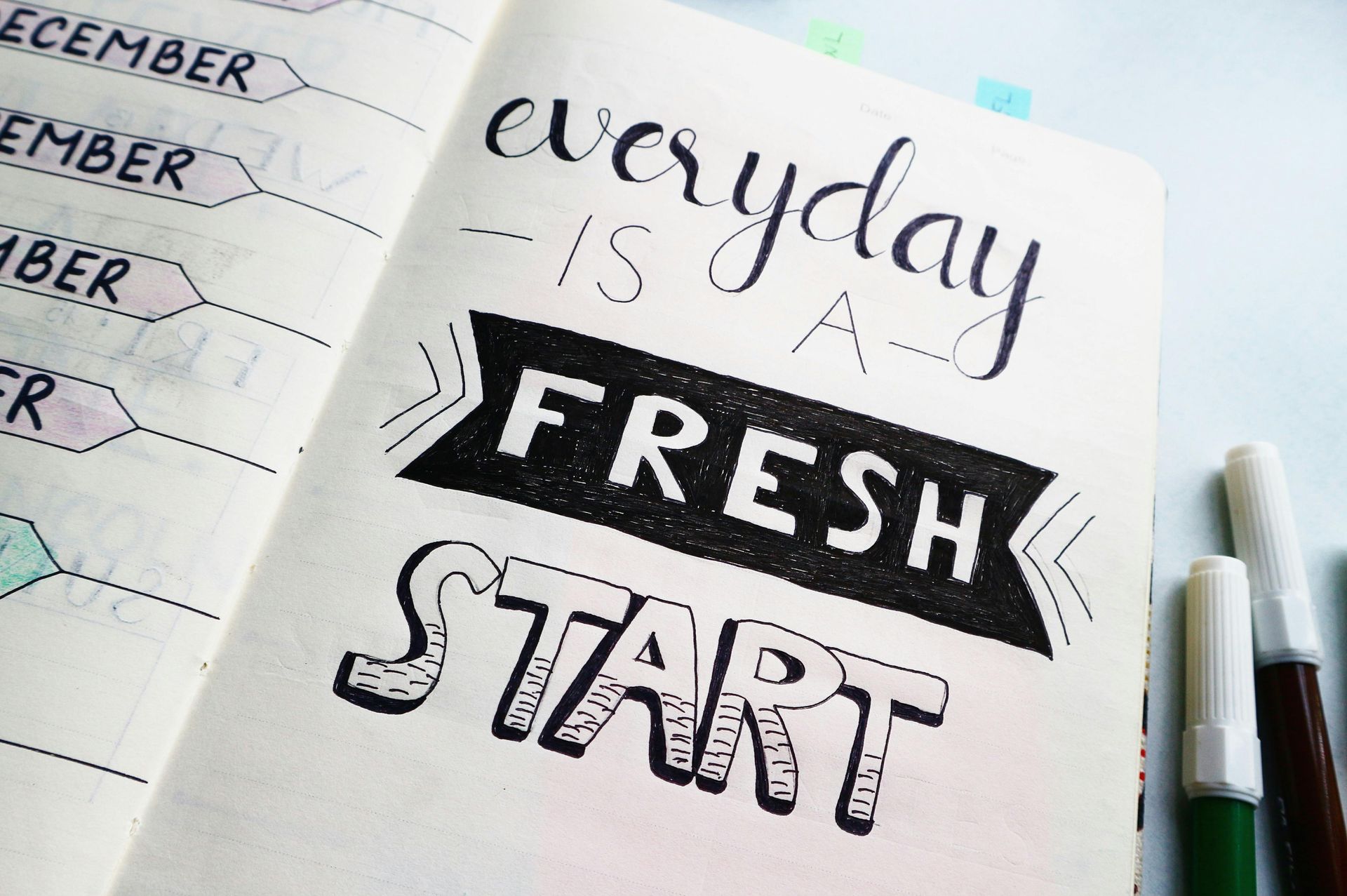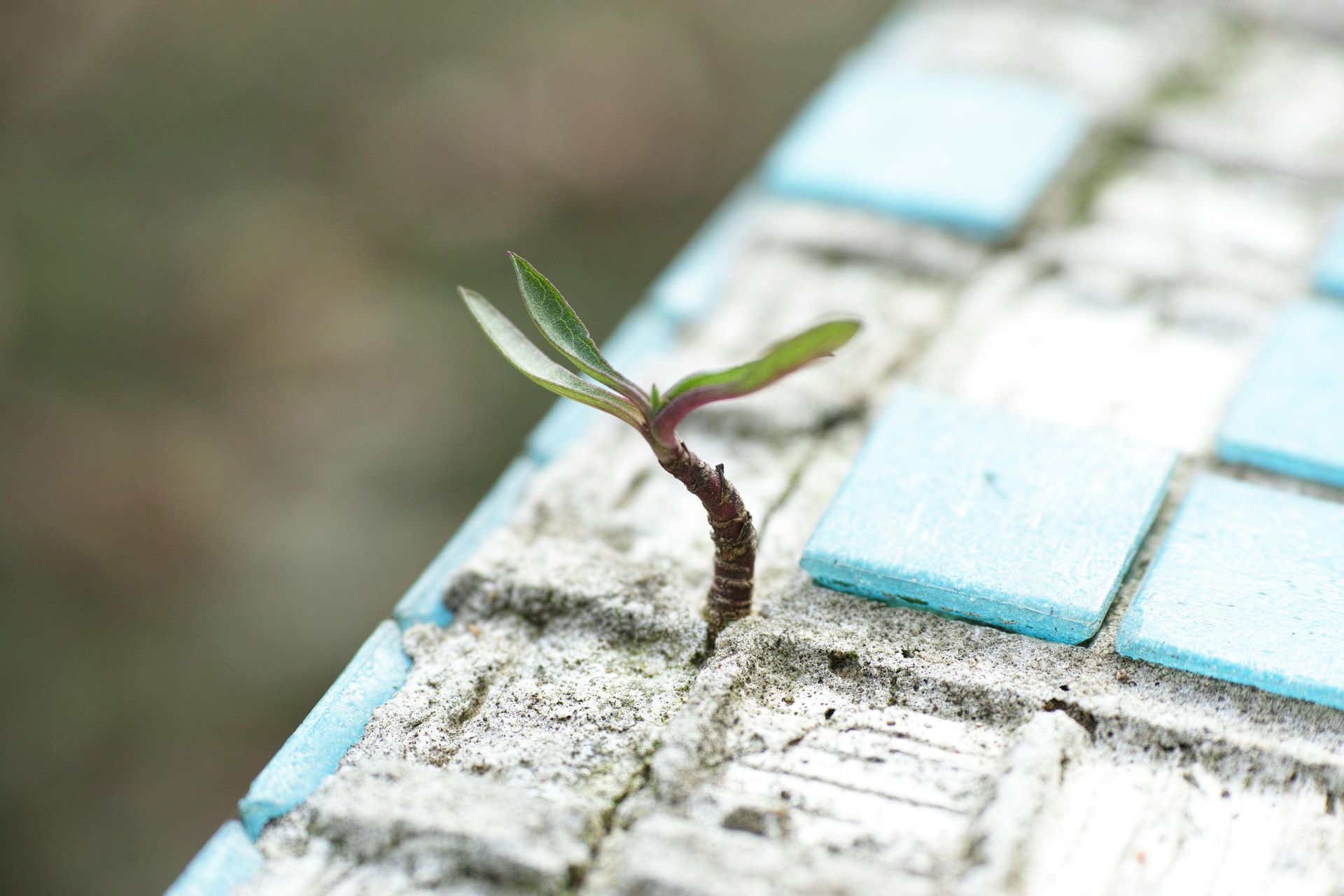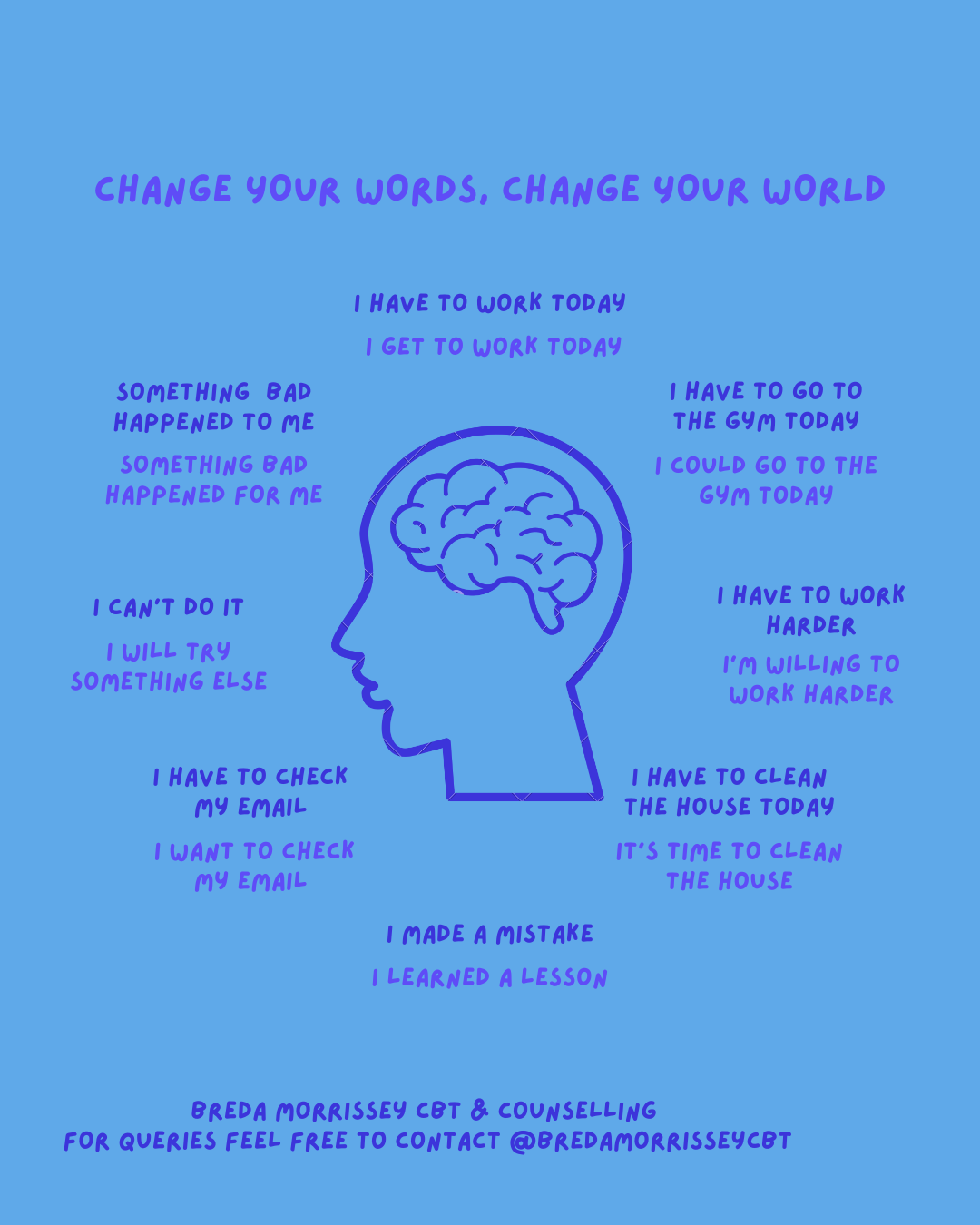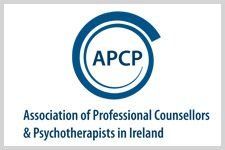Physical Activity: There are so many good reasons to keep active, being physically active helps mood, sleep and aids relaxation
Look after your physical health
Taking care of your physical health helps improve your mental health and well-being. Be active for at least 30 minutes daily, whether that’s running, walking, yoga, dancing, cycling, or even gardening. Eat a balanced and healthy diet. Make sure to get enough sleep.
Do activities that you enjoy
Try to continue doing the activities that you find meaningful and enjoyable, such as cooking for yourself or your loved ones, playing with your pet, walking in the park, reading a book, or watching a film or TV series. Having a regular routine with activities that make you feel happy will help you maintain good mental health.
Steer away from harmful substances: Avoid or reduce harmful substances such as alcohol or tobacco to cope with what you’re feeling. Though these may seem to help you feel better in the short term, they can make you feel worse in the long run.
Take two minutes to focus on the world around you: Help free yourself of constantly swirling thoughts by reconnecting yourself with where you are at this moment in time. Follow along with the video below or simply take three slow deep breaths, feel your feet grounded on the floor and ask yourself:
- What are five things I can see?
- What are four things I can hear?
- What can I smell?
- What does it feel like to touch my knees or a something else I can reach? How does it feel underneath my fingers?
HSE & WHO
Example of breathing technique to helps with thoughts: https://youtu.be/ksp3iSUDqfo?feature=shared











